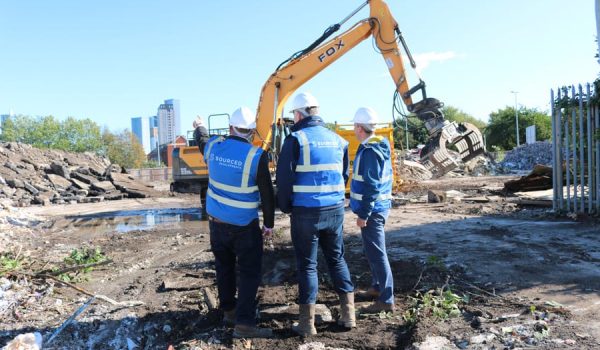Business Property Relief (BPR) is a means of passing on your investments (in terms of company shares or assets) to your family and/or close friends without them having to pay inheritance tax on your death. This is due within six months of the end of the month in which the death occurred. It’s a piece of legislation which has actually been used by the government for more than four decades now.
Who qualifies for BPR
Before your company shares qualify for BPR you will need to have held those shares for at least two years prior to passing them on – otherwise 40 per cent inheritance tax (on any amount above the tax-free threshold) will still be due. The type of businesses that qualify for this kind of tax relief are joiners, plumbers, construction, architecture i.e. those type of companies where a trade is being carried on from father to son/mother to daughter or any other dependents/friends.
Property investors, because they deal in land and buildings, don’t qualify. Neither does an estate agency, residential/commercial property letting business or companies which are mainly involved in stocks and shares, securities or holding investments. Property management
and property development may qualify (especially is there is a lot of letting and dealing with the latter).
If you are a property investor and want to benefit from BPR, then what you have to do is buy shares in a company which qualifies for it.
In order to qualify, that company must not be listed on the stock exchange or Alternative Investment Market (AIM). Neither can the director be in partnership with another company that is listed. With respect to the AIM shares, it is possible to have an ISA, which invests in AIM-listed companies and where BPR can be used.
Not all BPR is 100 per cent tax free though. Fixed assets – such as plant, machinery and land – is only 50 per cent tax relief, as are quoted shares, which give the recipient control of the company.
How BPR can prove beneficial
- The shares remain in your name until your death. This means that, while living, you are still the one to decide what happens to your money i.e. you haven’t ‘given it away’
- Your shares have the opportunity to be worth even more in the long run
- You’ll be inheritance tax exempt within two years (rather than seven years for passing the shares on as a gift or money in trust)
The possible risks of a BPR strategy
- In order to qualify, the company in which your shares sit mustn’t be listed on the stock market. That means if the value of the company falls, so does the value of your shares
- Shares in AIM listed companies can both rise and fall quicker than shares on the London Stock Exchange, or other world trading floors. This means they may not sell quite so easily.
- There’s no guarantee that tax relief rules in general will not change over the next few years. In other words, your company shares may qualify for BPR today, but tomorrow may be a completely different story.



